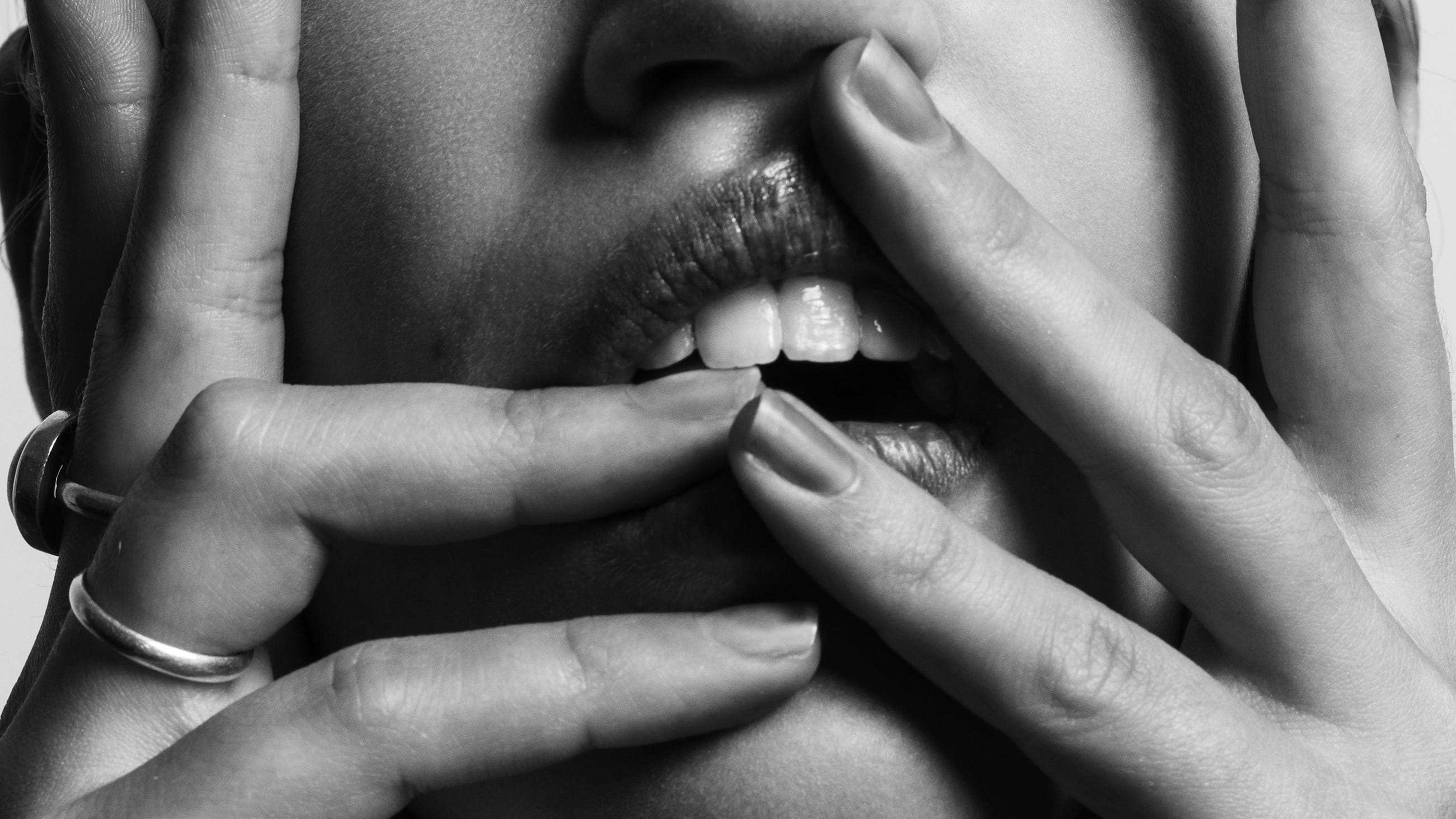SEX & YOUR RELIGION EXPERIENCE (Part 4/4)

One of my biggest obstacles overcoming my negative mentality with sex, and re-programming my brain to enjoy and even want sex came as I overcame my religious upbringing that had poisoned my sexual wants and needs. You see, religion and sex, when presented accurately has the power to shape a healthy and beautiful sexual journey. In contrast instead we see many religions who not only do not understand sex, but go overboard and condemn it, leading to just terrible marriage sex, and poor self health mentally.
We’re so grateful for our 4 different volunteers who have been willing to write about their experience in Catholicism, Christianity, Mormonism, and the Baptist faith, and how each of their marriages were impacted as they navigated what their religion taught, verses what they did find a happy and healthy sex life despite their religions philosophies.
Todays religion of focus will be Baptists & Evangelicals

How I’m Overcoming Shame in My Sex Life
Even those who save sex for
marriage have to deal with feelings of guilt.
By Hannah Cole
Lately, I’ve seen a lot of discussion about the effects of the
Evangelical purity culture that dominated the past few decades. Many Christians
are talking about how we might approach sexuality and purity differently with
the next generation.
But what about those of us who are already
living with the fallout? What about the ones who grew up in the midst of purity
culture and have moved into adulthood with baggage we believed we wouldn’t
have? Is there hope for those of us who followed all of the rules and still
find ourselves struggling with sexuality in our marriages?
I was married at 22 to the only man I have even held hands with. We
dated for more than three years before we got married and we were vigilant in
protecting our sexual purity before marriage. And yet, our wedding night, and
the first weeks and months of our marriage, weren’t filled with the guilt-free,
sexual bliss we’d been promised.
Aside from the expected challenges of
learning something new, we both struggled in different ways with lingering
feelings of guilt, embarrassment and shame when it came to expressing ourselves
sexually.
We weren’t haunted by the ghosts of prior
sexual experiences or battling with regrets. We desired to be together free and
unashamed, but we were plagued by our inability to stop feeling guilty about
fulfilling sexual desires we had trained ourselves to view as wrong and
dangerous. While we intellectually believed that sex was a good thing that was
intended for enjoyment in marriage, we had spent years conditioning ourselves
to respond to sexual feelings with fear, guilt and shame.
In the space of a few hours, something we
had treated as forbidden, dangerous and private became something we were meant
to enjoy and celebrate with each other. No amount of intellectual knowledge
could take those deeply ingrained feelings towards our sexuality and magically
change them the moment we slipped on those rings or later when we slipped off
our wedding clothes. It isn’t really strange that this transition didn’t happen
instantaneously, what was stranger was that we expected it to.
We aren’t the only couple who has experienced this. When I first
started writing about this topic, I received messages from hundreds of people
who said, “Me, too! I followed all the rules and no one told me this could
happen. What can we do about it?”
There is no magic formula for overcoming
feelings of guilt and shame in your sexual relationship. This is not a
checklist to follow that will guarantee the results you want. People are
complex and every marriage is unique. But these are some principles that helped
in my personal situation and I hope they can be encouraging to you.
Be Honest With Your Spouse.
Hopefully, this is something you are aiming
for in every part of your relationship, but it’s especially important when it
comes to sex, even though it’s uncomfortable.
When I got married I’d never heard anyone
talk about experiencing guilt and shame that wasn’t related to past experiences
or regrets. I thought something was wrong with me. I felt broken and alone and
this compounded my sense of shame. But talking about it with my husband made me
realize that I wasn’t alone, even if his experience wasn’t exactly the same as
mine. I understood that we were a team and that our sexual relationship was
something we shared, not only the great parts, but also the difficulties.
Identify the Lies.
Much of the guilt I felt stemmed from
improper views of sex. In order to let go of that guilt, I had to identify what
beliefs were causing it. For me, they were these: that sexuality was the
opposite of purity, so engaging in sexual activity compromised my purity; that
my identity and value were in my virginity and without my virginity I had lost
both my value and my identity; and that sexual desires came from “the flesh”
and needed to be overcome.
Your feelings of guilt may stem from
different lies than mine, but figuring out what they are is important. A
counselor may be a good resource to help you with this.
Speak Truth.
The way to combat lies is with the truth.
I couldn’t control my gut reactions, but I could decide whether or not to
listen to the lies. I had to practice taking captive the thoughts (2
Corinthians 10:5) that sparked guilt and shame by reminding myself of the
truth. I had to remind myself that my identity is in Christ, that God created
sex and it was His idea for the two to become one flesh (Genesis 2:24), that
the “marriage bed” is pure (Hebrews 13:4), and that husbands and wives are
meant to enjoy one another (Song of Solomon).
Build Positive Sexual Experiences.
As frustrating as it is to hear, the most
significant part of overcoming these feelings for me was simply time. Actions
really do speak louder than words, which is why, in spite of hearing that sex
was a good thing within marriage, years of acting like sex was dangerous and
dirty was what stuck.
As time went on and my husband and I grew in our trust of one another
and our security in our relationship, we built a collection of positive sexual
experiences that gradually outweighed the negative associations. It didn’t
happen overnight, but it did happen.
Be
the Change.
To some extent, this struggle could have
been avoided if I simply hadn’t believed those lies in the first place. I’m
glad we waited. I believe that sex is holy and sacred and deeply connected to
the covenant of marriage. But I wish I had been taught to honor marital sex
without being ashamed of my sexuality. I wish I had understood that my
sexuality had value outside of my virginity. It is up to us to change the way
we talk about sex with our peers and with the next generation.









Comments
Somehow the mentality has to change, too mich harm is being done, and all in the name of religion. If it was a valid and real commandment thats fine and great, but the accurate translations tell us a completely different story in reference to our sexuality, and how god wishes us to live sexually.
The common theme in all 4 of these articles is the churches teach sex in a unhealthy and misinformed way, and the members of the church destroy themselves mentally to follow an incorrect rule.